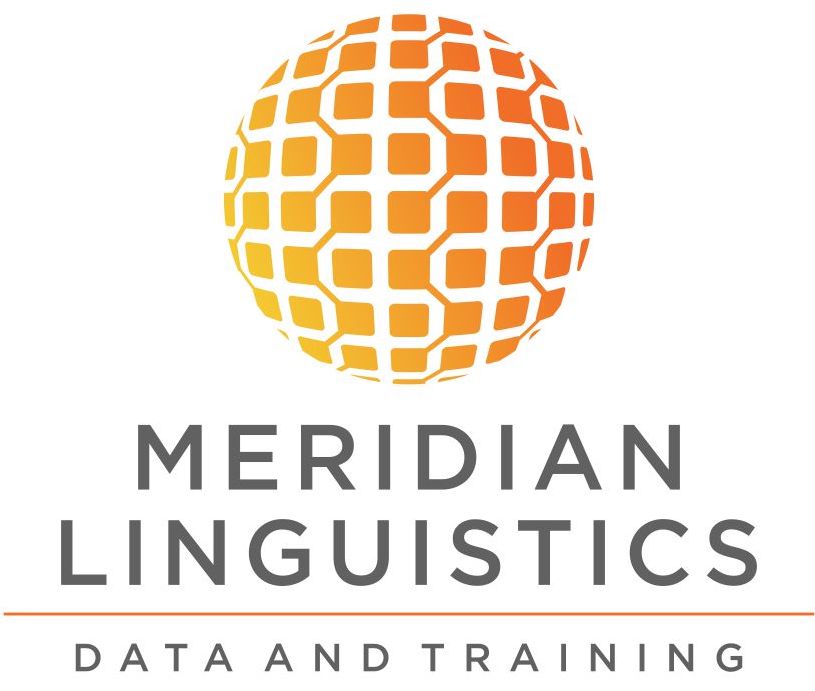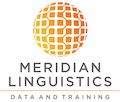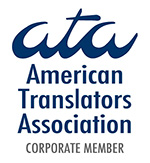Purchasing translation services can be an overwhelming experience, especially when it is for a language that you don’t know yourself. That translation may be going on your company’s website or may be for an important contract. You already know that quality translation will not come cheap—but after you’ve shelled out for a trustworthy translation provider, how can you make sure that the finished deliverable is indeed accurate and appropriate for its target audience?
Here are a few ways to ensure you are doing your due diligence to verify translation quality.
In-House Checks
Many companies have in-house linguists or specialists to review all translations, even if they only perform spot checks to make sure that quality is being maintained. Just be careful: “being bilingual does not make you a translator any more than owning a camera makes you a photographer.” A lot of training goes into developing the professional ability to deliver carefully-researched and appropriate translations. If you are asking a bilingual colleague who is not a trained translator to review the translations, be sure to ask your translation provider to check and approve your colleague’s edits.
Back Translation
Back translations take your translation and translate it once more into a language that you can more capably evaluate, usually the source language itself. For example, if you are an English speaker and you request the translation of an English memo into Chinese, the back translation will translate that Chinese back into English so that you can check it yourself.
Ideally, the back translator does NOT have access to the source text until after they have completed their back translation, and, as such, the source text and the back translation should never be exactly the same, because translation is not an exact science. (If the two texts are the same, you should be suspicious of whether the back translator indeed had access to the source).
You may ask a different translation provider to handle the back translation out of an abundance of caution, but sometimes it helps to have the original company handle it, so that they can more easily coordinate between the forward and back translators to “reconcile” the text (i.e. find out which discrepancies are simply stylistic and which discrepancies are due to misinterpretations).
Meridian Linguistics specializes in efficient back translations and reconciliations, a service that is frequently demanded by our clients in the advertising, legal, and pharmaceutical industries.
Send the Translation to Another Linguist or Company
Especially the first time you use a translator or translation company, you may consider sending that same translation to a third party for evaluation. However, you will still need to take any feedback with a grain of salt—remember that third party companies will be, of course, incentivized to return a poor evaluation in order to win your business.
Do Spot Checks Yourself with a Machine Translator
This is the bare minimum and not always a very accurate or efficient solution; however, some mistakes can be caught this way. If there are any sentences in your text that are particularly ambiguous or significant, try plugging them into Google Translate or DeepL to effectively carry out your own back-translation. If you do this, be very aware of the limitations of machine translations, which will often be translated literally or out of context.
Pre-Vet Your Translation Provider
Of course, the best cure is usually prevention—to avoid translation crises, choose a provider you can trust. You should look for the following in your translation provider:
-
A translation company that isn’t too large or too small.
Large translation companies not only have more trouble keeping track of client preferences, they also outsource their translations to companies that then outsource them in turn, until it is impossible to track consistency or assign responsibility for translation errors. This also means it is harder to have a designated linguist who is very familiar with your texts and can work more quickly and more efficiently. This is one reason why your ideal translation provider is a small-to-medium sized company.
-
A translation company that uses technology—but only where appropriate.
A modern translation company is not afraid of technology: translation management systems keep us organized, and CAT (computer-assisted translation) tools make our work more efficient and more consistent. In a few cases, translators can also work with machine translations to post-edit a text until it reaches the quality standards of the client. However, you definitely want to make sure that the client is not relying on machine translation to deliver your translation product.
-
Make sure the company uses more than one linguist.
Even the most careful and most elite linguist will make typos and mistakes—it can be very difficult to spot errors of your own making when you’ve stared at the same text for hours. This is why the most reliable translation companies guarantee a minimum of two pairs of eyes on any text—ideally, three: translator, proofreader, and project manager.
-
Make sure the company is not too big… yet established enough to be able to keep your data secure.
Smaller companies and freelancers have often invested less into their security infrastructure. Before working with a small company, you should always ask about their file-sharing abilities for sensitive documents. Meridian Linguistics can offer a variety of secure file-sharing options beyond our encrypted e-mail.
-
Make sure you understand and agree with the company’s outsourcing policies.
As mentioned before, many translation companies will outsource their work to other companies in a never-ending food chain that drives up cost and lowers quality. If you can find a company that works directly with the linguists (like Meridian Linguistics, which works only with freelancers and never with other agencies), you will have a much more efficient and cost-effective relationship with your translation provider.
-
Finally, make sure the price you are paying makes sense.
Translations are usually priced per word or per character, and a translator can usually translate 2,000 words per day. This is a very easy way to calculate the quality of the linguist you are working with. For example, if you are paying USD $50 for a 4,000 word document, this means that the linguist is being paid $25 for two days of work. A professional translator, of course, would never work for those rates—so, you should be very suspicious about who (or what) is actually doing the translation!
We hope these tips help you purchase your translations with more peace of mind. And if you consider working with Meridian Linguistics, you can be assured the highest standard of quality from our small but global team and our database of over 3,000 linguists. We are always happy to discuss our procedures and qualifications further. Reach out anytime by chat or e-mail us for a quote!












Good overview of things to consider when trying to choose a translator or company. In particular, what’s really important to realize is that you must watch out when the price is SO low that a person couldn’t possibly live off it. As explained in the article, a translator who says they will deliver way more than 2000 words for an impossibly low amount of money really cannot deliver on QUALITY.